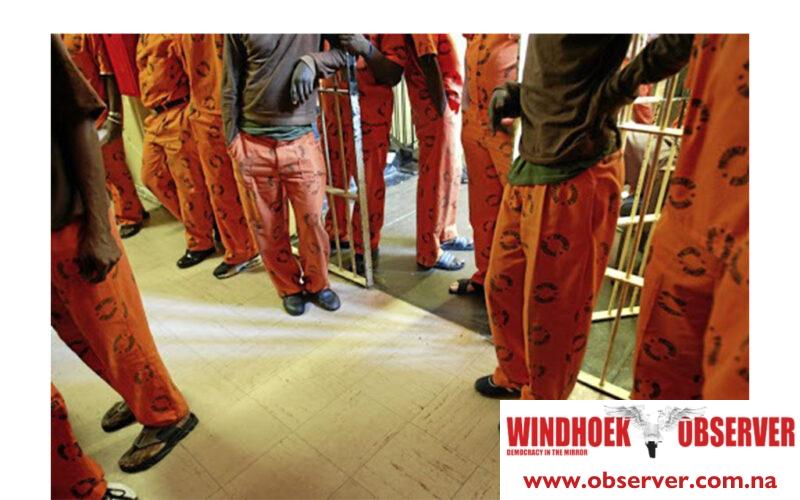Moses Magadza
The Southern African Development Community Parliamentary Forum (SADC PF) will host a joint session of its Standing Committees in Johannesburg from 23 to 25 April to begin developing a regional model law on prison oversight.
SADC PF secretary general Boemo Sekgoma said the session marks a milestone in strengthening human rights and parliamentary oversight of detention conditions across the region.
The meeting will bring together five key standing committees of the Forum to collaborate on content and direction for the proposed model law.
“These discussions will focus on promoting democratic oversight and ensuring accountability in line with constitutional obligations,” Sekgoma said.
The region’s prison population stands at nearly 400 000, with high numbers of pre-trial detainees and women in facilities that often fall short of international standards. Sekgoma noted that many SADC countries lack consistent legal frameworks for monitoring prison conditions.
“The envisaged model law will offer a harmonised tool to strengthen parliamentary accountability, improve transparency, and enhance the protection of detainees’ rights, including women, children, persons with disabilities, and those held in pre-trial detention,” she said.
The forum aims to empower parliaments to actively oversee the treatment and conditions of prisoners by developing clear, enforceable mechanisms that can be adapted by member states.
Director of programmes Joseph Manzi said the joint sessions will include cross-cutting discussions on torture prevention, legal and policy gaps, prison food security, healthcare, and prison infrastructure.
Sessions will also focus on gender-based violence in detention, children in prisons, and educational access for incarcerated individuals.
The committee on democratisation, governance and human rights will examine the role of MPs in legal accountability and the right to vote for prisoners.
Contributors include Malawi Supreme Court Justice Sylvester Kalembera and Malawi Human Rights Commission Chairperson Chikondi Chijozi.
Other thematic focuses include:
- Prison food security and climate-responsive agricultural practices.
- Gender-based violence, and conditions for women and children in prisons.
- Health challenges, including infectious diseases and prisoner rehabilitation.
- Infrastructure challenges and transparency in prison budgets.
Manzi said the discussions will culminate in a position paper to be presented by Professor Lukas Muntingh of the Dullah Omar Institute. This document will guide the drafting of the model law.
Professor Verne Harris of the Nelson Mandela Foundation will also reflect on the importance of independent prison oversight as part of broader democratic governance.
The proposed model law is intended to serve as a legislative tool for SADC parliaments to strengthen their oversight mandates and promote transparent and accountable prison systems.
“This process is about ensuring that the dignity of every person—even those behind bars—is preserved through robust oversight, transparent governance, and accountable leadership,” Sekgoma said.
Moses Magadza is the Media and Communications Manager at the SADC Parliamentary Forum.




